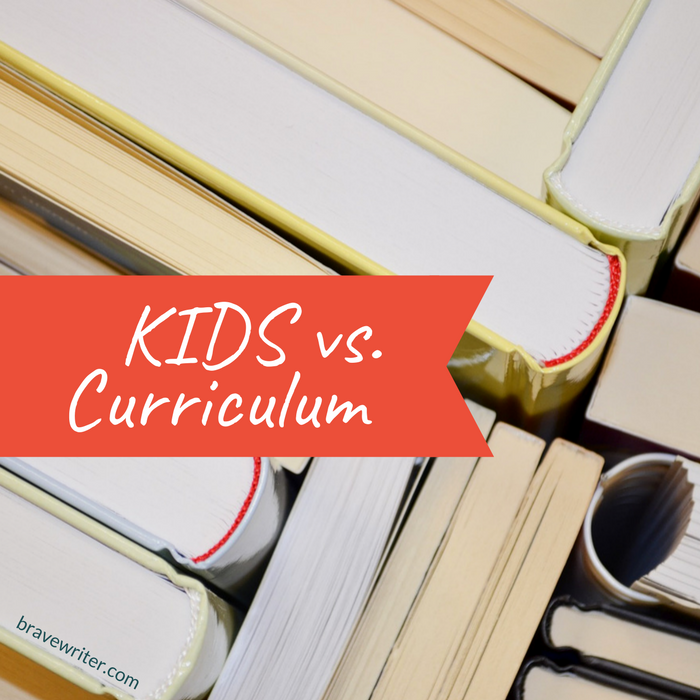
Common questions from homeschooling parents: what did copywork and dictation look like in your home and how often should it be done?
My response:
My oldest kids are in college (ages 21 and 18). I homeschooled both of them through high school, though the second one went part time to our local high school as well. Our third child is a junior in high school and goes full time. He was homeschooled through 9th grade. We have two more kids: 8th and 7th grades – all homeschooled.
Copywork and dictation can be done more frequently than weekly. The Arrow/Boomerang are designed to support the homeschooling parent, not to replace her own good judgment and her skills as a home educator. In fact, when I first designed the Arrow (which came first), I used to always say that the goal was to model how copywork and dictation can be done (how to select passages, how to teach them, how to make them more meaningful). I fully expected that mothers would then learn how to do it themselves and not need the Arrow any more.
I also included only one passage per week for a couple of reasons:
1) Some parents set out to do copywork/dictation more than a couple times per week and then when they fail to hit their target, they give up and stop doing it all together. I’ve found that copywork/dictation once per week is way better than not doing it at all while holding the ideal of doing it twice or three times or every day of the week. In fact, I’ve found that once a week adds up to a lot of copywork/dictation if done all year.
2) Some of the passages in the Arrow and particularly the Boomerang are long. They benefit from being broken up into multiple days of work.
3) Kids like to pick their own copywork. When the parent selects only one passage per week, kids have the freedom of choosing other passages to copy (song lyrics, poetry, quotes from a beloved book, sayings on refrigerator magnets). That way, you focus on ONE passage, really teach it, and then your kids can select the ones they want.
4) For reluctant writers, it is a lot to ask them to do handwriting work (in a book, for instance), copywork, dictation, freewriting, and any writing project all in a week. The Arrow and Boomerang allow you to feel that you are covering the material necessary to a good language arts program without putting your child through too much pencil trauma.
Brave Writer is different than other programs. I believe firmly in a parent’s role in the homeschool. We are supports to what you do. We offer products that teach you how to teach.
Of course you can do more copywork if you like. When one of my sons was 14, he copied things every day and did special handwriting therapies for his dysgraphia. When my daughter was 11, she didn’t like the passages I picked so she wrote in her journal and her Greek notebook every day, even in summer. On the other hand, one child successfully went straight into Honor’s English without having ever done a formal grammar or spelling program. He learned it all through less than once per week copywork/dictation over his lifetime.
Pay attention to your kids. Do what you believe nourishes them. Let them tell you what is working and what is not. Kids don’t learn as well when they are numb to the subject matter, when they feel obliged to fulfill your expectations without their buy-in. If once a week copywork/dictation is tolerable (even enjoyable) for you kids, they will learn a lot! There’s no reason to think that more is necessarily better.






















